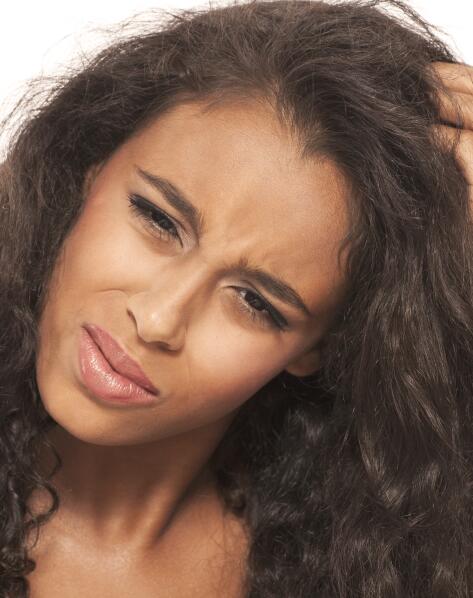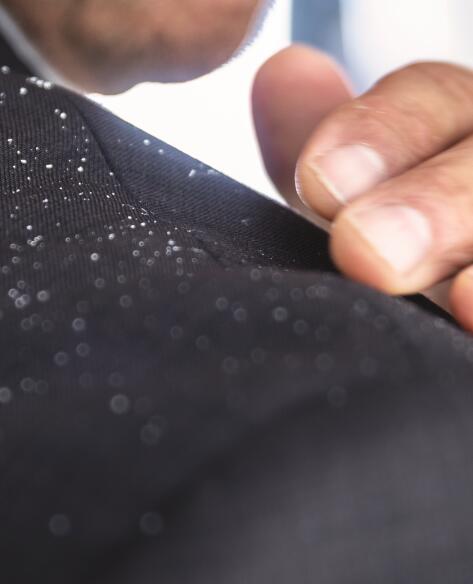
The hair reveals how you are!
It’s the reflection of a general state of health, but it’s also impacted by any sensations experienced, emotions felt, stress suffered...
It’s worth remembering how much hair represents a fundamental element of our beauty and personality in our society. It’s a real weapon of seduction! Women and men alike dream of having healthy, shiny hair.
But a beautiful head of hair can only flourish on a healthy scalp, capable of playing its various roles as a protective barrier for the skull and as a hair nourishing organ.
It’s therefore easy to imagine that a scalp disorder will have visible effects on the beauty and health of the hair. Consequences that will last more or less over time...

An uncomfortable scalp that may also suffer from itching, redness or tightness is an irritated scalp..
Like the skin, the scalp has to deal with various external or internal aggressions: pollution, temperature changes, improper hair care, restrictive hairstyles, stress, perspiration...
If these stresses are suffered regularly and repeatedly, the scalp can become irritated.

A tight, stiff scalp... Unmanageable hair that looks like "straw"... These are the main characteristics of a dry or very dry scalp..
This dryness is the result of a lack of lipids and a noticeable loss of water from the scalp.

When its protective and nourishing functions are impaired, the scalp can quickly suffer from dehydration.
Faced with an undernourished scalp and dry or very dry hair, how can you moisturize your scalp so that its role is restored and ensure that your hair is well nourished and strong?

Having to live with powdery snow on your shoulders is often experienced as a daily suffering. Goodbye dark clothes!
Flaking of the scalp is a normal phenomenon. However, when this flaking becomes excessive, this dry skin become visible and therefore very bothersome. This leads to the appearance of dandruff on the hair and scalp.

An itchy scalp can be very uncomfortable.
Whether caused by external factors (pollution, wearing a helmet, improper care, etc.) or internal factors (stress, illness, etc.), it’s an indication that the scalp is suffering and needs to be treated gently.

We often hear: "My scalp can't tolerate anything!” Hypersensitivity can be a specific innate feature of some scalps.
The nerve cells in the dermis and epidermis are deprived of their protective barrier. They are then over-stimulated by many external or internal factors.
The characteristic feature of a sensitive scalpis this permanent reactive state.

Hair that doesn't last the day... Hair that gets greasy so fast that it needs to be washed every night...
These are the signs of an oily scalp. The root of the problem is the hyper-secretion of sebum, which can quickly become very unpleasant and embarrassing.
A healthy scalp feels comfortable, without itching or tightness. However, it can be subject – occasionally or more often – to irritation, inflammation and various discomforts. They inevitably reflect suffering or deficiencies in its structure.
Indeed, as we have just seen, there are a variety of factors that can disturb the proper functioning of the scalp.
A genetic predisposition, a rather stressful lifestyle, a polluted environment...
it’s therefore impossible to give a single answer to this question.
However, once the scalp has been disturbed in this way, its functions be altered more or less over time.
What you should remember is the importance of taking care of your scalp! Without a healthy scalp, it’s impossible to have beautiful hair that’s full of vitality.
In order to find the right scalp care for each case, it’s important to obtain a precise diagnosis. An irritated scalp obviously doesn’t have the same needs as an oily scalp.
On the other hand, suffering scalps have one thing in common: they respond very positively to treatments featuring natural active ingredients. These have the advantage of producing a powerful action while being very gentle on both the hair and the scalp itself.


How bad is it, doctor?
Very often overlooked, the scalp contributes to the well-being of our hair.

René's Secrets
Taking care of your hair is an art that anyone can practice, but how can you build your own hair care ritual?

René's Secrets
Before being a concentrate filled with benefits that fits in the palm of your hand, every René Furterer product is born from a plant, a custom-made recipe and an array of expertise.
